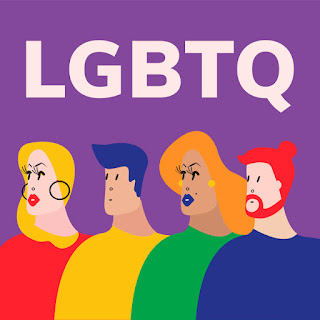
Psychotic disorder Crazy issue are extreme mental issue that reason unusual reasoning and observations. Individuals with psychoses put some distance between the real world. Two of the primary indications are fancies and pipedreams. Fancies are deceptions, for example, believing that somebody is plotting against you or that the TV is sending you mystery messages. Mind flights are false discernments, for example, hearing, seeing, or feeling something that isn't there. Schizophrenia is one kind of crazy issue. Individuals with bipolar issue may likewise have insane indications. Different issues that can cause psychosis incorporate liquor and a few medications, cerebrum tumors, mind diseases, and stroke. Treatment relies upon the reason for the psychosis. It may include medications to control indications and talk treatment. Hospitalization is a possibility for genuine situations where an individual may be risky to himself or others. Facts About Psychosis The word psychos




